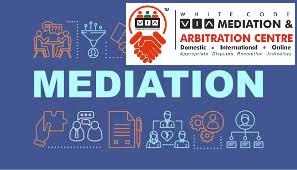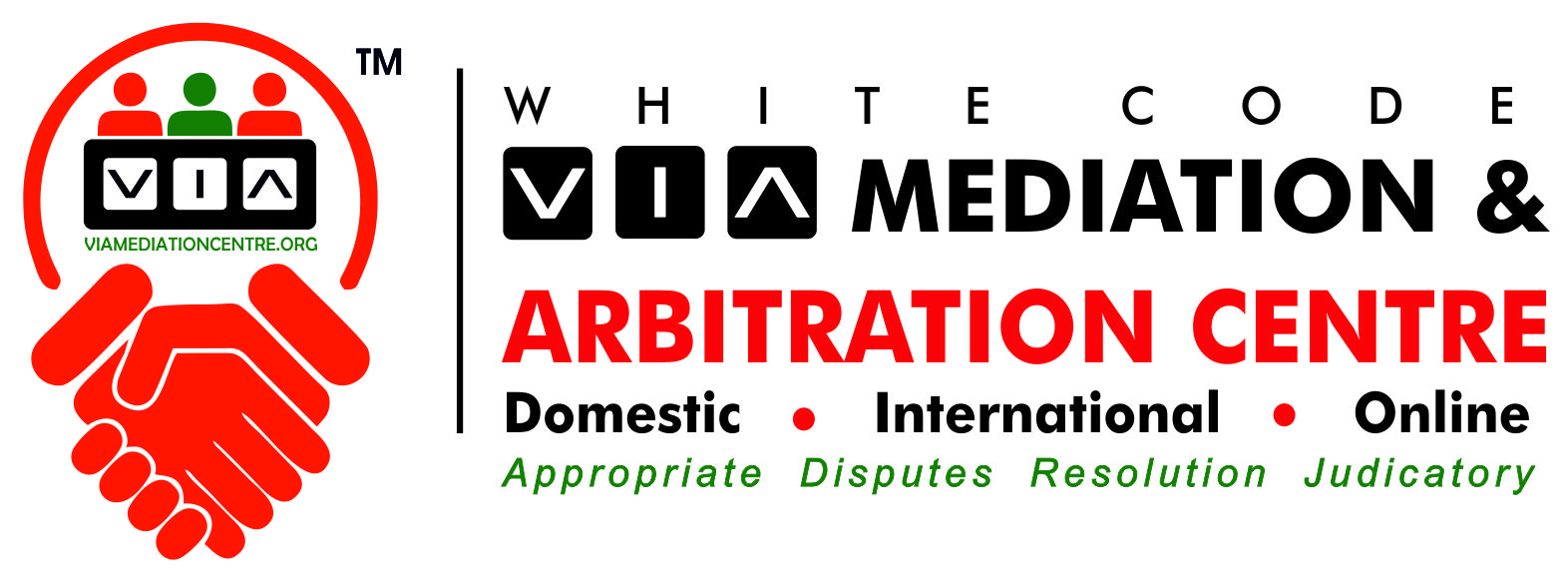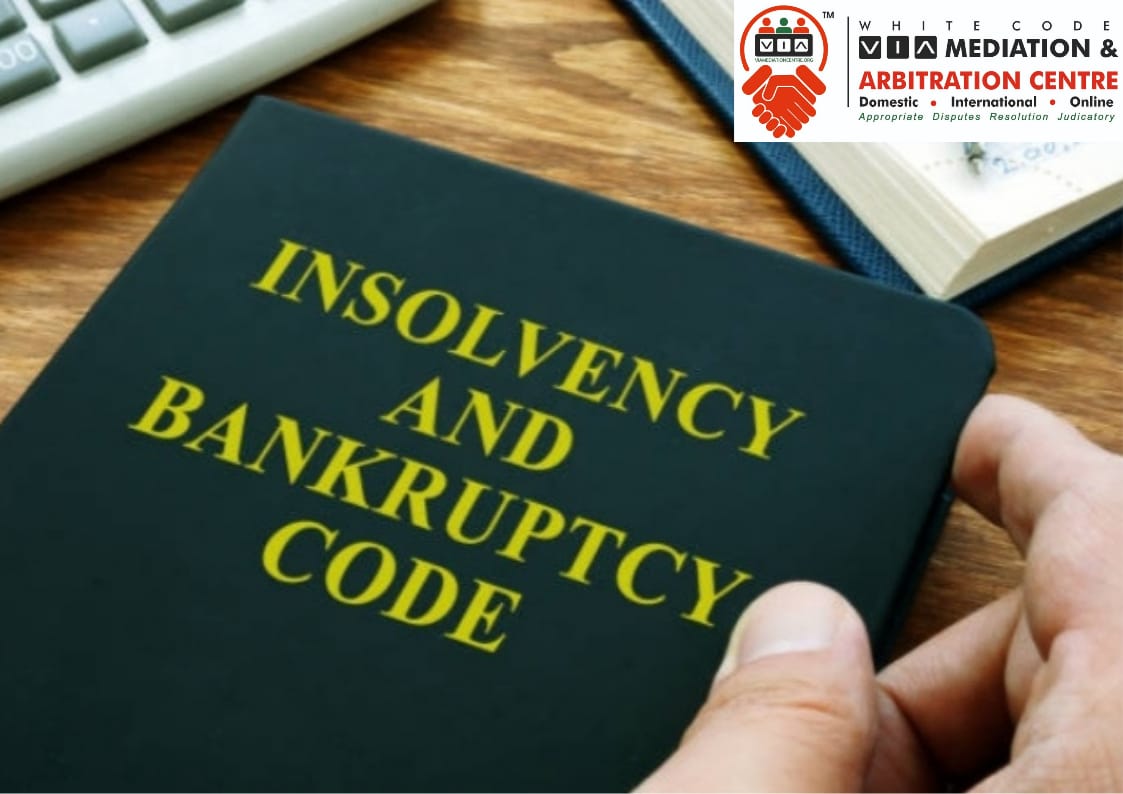Latest News
SALIENT FEATURES OF MEDIATION

SALIENT FEATURES OF MEDIATION
1.Mediation is voluntary. The parties retain the right to decide whether to settle a dispute and the terms of settlement of the conflict. Even if the court has referred the case for the mediation or if mediation is required under a contract or a statute, the decision to settle and the terms of settlement always rest with the parties. The parties have ultimate control over the outcome of mediation. Any party may withdraw from the mediation proceedings at any stage before its termination and without assigning any reason.
- Mediation is a party-centred negotiation process. The parties and not the neutral mediator are the focal point of the mediation process. Mediation encourages the active and direct participation of the parties in the resolution of their dispute. Though the mediator, advocates, and other participants also have active roles in mediation, the parties play a crucial role in the mediation process. They are actively encouraged to explain the factual background of the dispute, identify issues and underlying interests, generate options for agreement and make a final decision regarding a settlement.
- Though the mediation process is informal, it is not governed by the rules of evidence and formal rules of procedure. It is not a spontaneous or casual process. The mediation process itself is structured and formalised, with clearly identifiable stages. However, there is a degree of flexibility in following these stages.
- Mediation, in essence, is an assisted negotiation process. Mediation addresses both the factual legal issues and the underlying causes of a dispute. Thus, mediation is broadly focused on the parties' facts, law, and underlying interests, such as personal, business/commercial, family, social and community Mediation Training Manual for Refresher Course interests. The goal of mediation is to find a mutually acceptable solution that adequately and legitimately satisfies the parties' needs, desires, and interests.
- Mediation provides an efficient, effective, speedy, convenient and less expensive process to resolve disputes with dignity, mutual respect and civility.
- Mediation is conducted by a neutral third party- the mediator. The mediator remains impartial, independent, detached and objective throughout the mediation process. In mediation, the mediator assists the parties in resolving their dispute.
- In Mediation, the mediator works together with parties to facilitate the dispute resolution process and does not adjudicate a dispute by imposing a decision upon the parties. A mediator's role is both facilitative and evaluative. A mediator facilitates when he manages the interaction between the parties, encourages and promotes communication between them, manages interruptions and outbursts, and motivates them to arrive at an amicable settlement.
- The mediator employs specific specialised communication skills and negotiation techniques to facilitate productive interaction between the parties to overcome negotiation impasses and find mutually acceptable solutions.
- Mediation is a private process, which is not open to the public. Mediation is also confidential, which means that statements made during mediation cannot be disclosed in civil proceedings or elsewhere without the written consent of all parties. Any statement made or information furnished by either of the parties and any document produced or prepared for/during mediation is inadmissible and non-discoverable in any proceeding. Further, any information given by a party to the mediator during the mediation process is not disclosed to the other party unless expressly permitted by the first party.
- Any settlement reached in a case referred for mediation during litigation is required to be reduced to writing, signed by the concerned parties and filed in Court to pass an appropriate order. A settlement reached a pre-litigation stage is a contract, which is binding and enforceable between the parties.
- In the event of failure to settle the dispute, the mediator's report does not mention the reason for the loss. The information will only say "not settled".
- The mediator cannot be called upon to testify in any proceeding or to disclose to the court what transpired during the mediation process.
- Mediation in a particular case need not be confined to the dispute referred but can go beyond and proceed to resolve all other connected or related arguments.
This Article Does Not Intend To Hurt The Sentiments Of Any Individual Community, Sect, Or Religion Etcetera. This Article Is Based Purely On The Authors Personal Views And Opinions In The Exercise Of The Fundamental Right Guaranteed Under Article 19(1)(A) And Other Related Laws Being Force In India, For The Time Being. Further, despite all efforts made to ensure the accuracy and correctness of the information published, White Code VIA Mediation and Arbitration Centre shall not be responsible for any errors caused due to human error or otherwise.
- Mediation is voluntary
- Mediation is a party-centred
- Neutral third party







































































































































































































































































































































































































































































































































































































































































































































































































































































































































































































































































































































































































































































































































































































































































